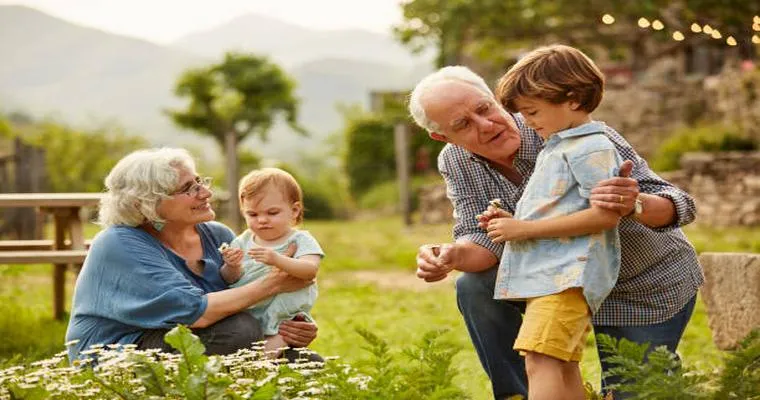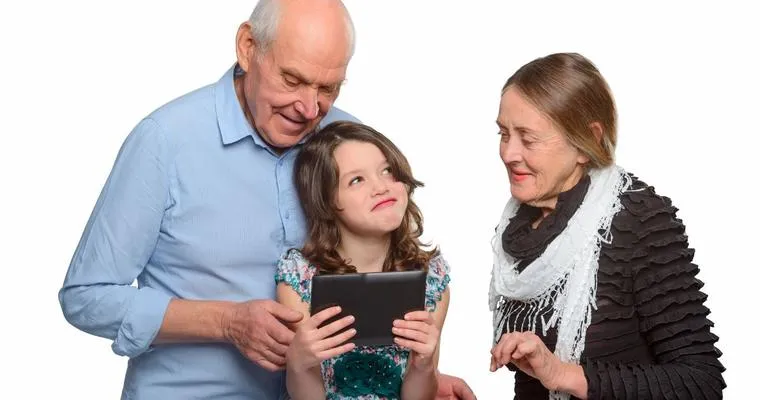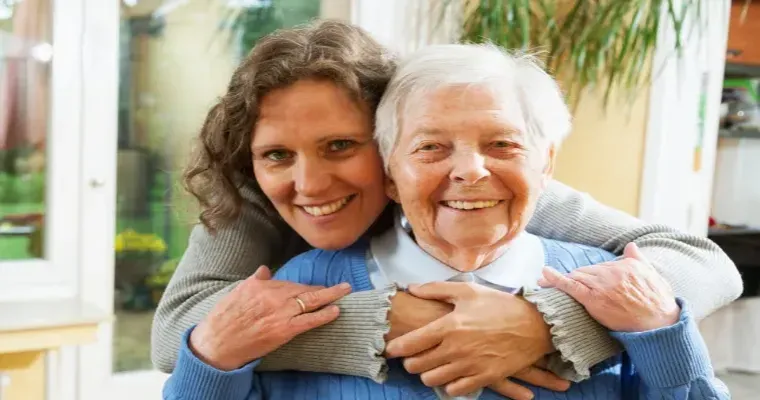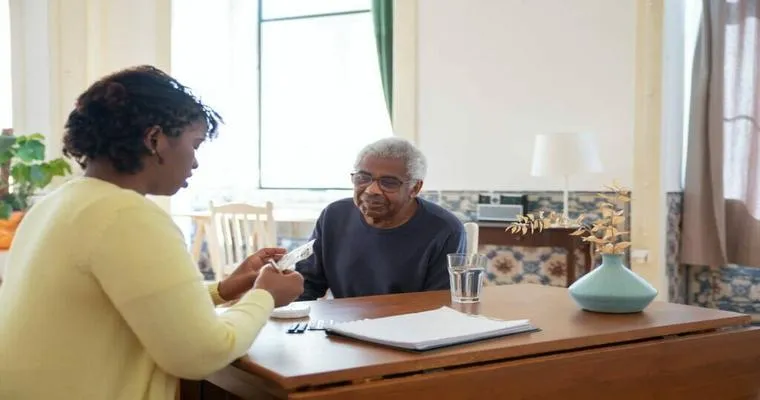Caring for "elderly parents" can be a challenging yet rewarding experience for families. One innovative approach that can lighten the load and create stronger family bonds is involving the "grandkids" in the caregiving process. Engaging young family members not only provides much-needed support but also helps instill values of compassion and responsibility in the next generation. In this article, we will explore effective ways to involve grandkids in caring for their elderly grandparents, the benefits of this involvement, and tips for ensuring a positive experience for everyone involved.
Understanding the Benefits of Involvement
Involving "grandkids" in the care of their "elderly parents" can yield numerous benefits for both the children and the grandparents. Firstly, it teaches children empathy and respect for their elders. As they participate in daily activities, they learn about aging and develop a deeper understanding of the challenges their grandparents face. This experience can foster a sense of gratitude and appreciation for the sacrifices that older generations have made.
Moreover, the presence of grandchildren can bring joy and companionship to elderly parents. A simple game, a shared meal, or even a conversation can brighten their day and reduce feelings of loneliness. The emotional connection between grandparents and grandkids can also promote mental well-being for both parties.
Ways to Involve Grandkids
1. "Daily Tasks": Encourage grandkids to help with simple daily tasks such as preparing meals, running errands, or assisting with household chores. These activities not only relieve some of the burden on caregivers but also allow children to learn essential life skills.
2. "Technology Assistance": Many elderly parents may struggle with technology. Grandkids can lend a helping hand by teaching them how to use smartphones, tablets, or computers. They can help set up video calls with family members or show them how to access online services.
3. "Companionship Activities": Organize fun activities that both the grandkids and grandparents can enjoy together. This could include arts and crafts, gardening, or even watching movies. Creating shared memories can strengthen their bond and provide emotional support.
4. "Storytelling Sessions": Encourage grandparents to share stories from their lives with their grandchildren. This not only nurtures family history but also allows grandkids to learn valuable life lessons and gain insights into the past.
5. "Volunteering Together": Engage in community service as a family. Volunteering helps grandkids understand the importance of giving back while also providing a sense of purpose for elderly parents.
Tips for a Positive Experience
To ensure that the involvement of grandkids in caring for elderly parents is a positive experience, consider the following tips:
"Set Clear Expectations": Clearly communicate what tasks you would like the grandkids to help with. Providing guidance can help them feel more confident in their roles.
"Be Patient": Understand that both elderly parents and grandkids may need time to adjust to their new dynamic. Patience is key in fostering a harmonious relationship.
"Encourage Open Communication": Create an open environment where feelings and concerns can be discussed. This helps address any potential issues early on and promotes a healthy family atmosphere.
"Praise and Acknowledge Efforts": Recognize and appreciate the contributions of the grandkids. Positive reinforcement can motivate them to continue participating in the caregiving process.
Conclusion
Involving "grandkids" in the care of "elderly parents" is a mutually beneficial endeavor that fosters stronger family bonds and teaches valuable life lessons. By encouraging children to take part in caregiving activities, families can create a loving environment that supports both the elderly and the young. With the right approach, this involvement can lead to fulfilling relationships and a sense of shared purpose in the family, ultimately enriching the lives of everyone involved.





